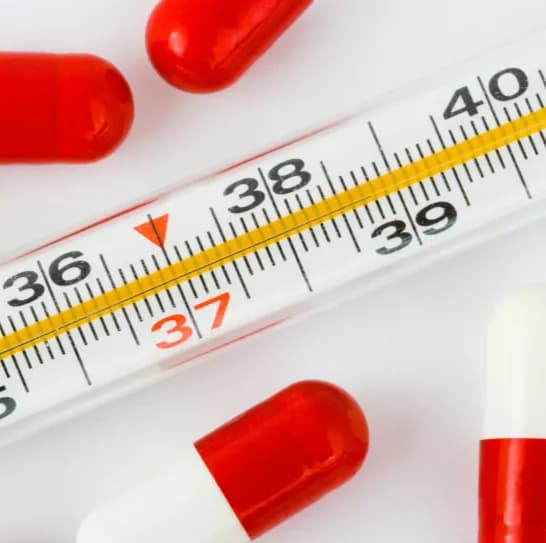
Overweight And Obesity Linked To High Workers' Compensation Costs
Obese and overweight workers are more likely to incur high costs related to workers' compensation claims for major injuries, reports a study in the September Journal of Occupational and Environmental Medicine, official publication of the American College of Occupational and Environmental Medicine (ACOEM).
Dr. Edward J. Bernacki of University of Texas at Austin and colleagues analyzed data on about 2,300 injured workers in Louisiana. Workers' compensation costs and outcomes were compared for obese, overweight, or normal-weight workers. Obesity was defined as a body mass index (BMI) of 30 or higher and overweight as a BMI between 25 and 30.
After three years, about 11 percent of claims for major injuries (for example, fractures or complete tendon tears) were still open -- indicating that the worker had not yet returned to work. Obesity and overweight weren't associated with a delayed return to work.
But for workers with major injuries, high BMI was associated with higher workers' compensation costs. In this group, costs averaged about $470,000 for obese and $270,000 for overweight workers, compared to $180,000 for normal-weight workers.
After adjustment for other factors -- including high-cost spinal surgeries or injections -- obese or overweight workers with major injuries were about twice as likely to incur costs of $100,000 or higher. Body mass index had no effect on costs for closed claims or for less-severe injuries.
Previous studies have linked obesity to a higher rate of workplace injuries and longer time off work, but the effects on costs have been unclear. The new results show that overweight and obesity are significant risk factors for high costs for major workers' compensation injuries, although not for less-severe injuries.
Highlighting the potential cost impact, Dr. Bernacki and colleagues note that more than three-fourths of workers' compensation claimants in their study were overweight or obese. The researchers plan further studies to confirm that the increased costs related to high BMI are related to medical costs, rather than indemnity costs for lost work time.
Materials provided by Journal of Occupational and Environmental Medicine. Note: Content may be edited for style and length.
Disclaimer: DoveMed is not responsible for the adapted accuracy of news releases posted to DoveMed by contributing universities and institutions.
Tao, X. G., Lavin, R. A., Yuspeh, L., & Bernacki, E. J. (2015). Is Obesity Associated With Adverse Workers' Compensation Claims Outcomes? A Pilot Study. Journal of Occupational and Environmental Medicine, 57(7), 795-800.
Related Articles
Test Your Knowledge
Asked by users
Related Centers
Related Specialties
Related Physicians
Related Procedures
Related Resources
Join DoveHubs
and connect with fellow professionals

0 Comments
Please log in to post a comment.